The Roofer
by Walter B. Thompson
My daughter’s ex-whatever, the father of her boy, had gone by the nickname Coal Oil back in his teen years. Don’t ask me what it means. I would hear about his exploits when I brought my ham into town for the farmer’s fair on Saturdays. This was when I wasn’t a crazy hag to all them, before I fucked up my right eye and started causing a fright. “Did you hear about Coal Oil, wrecking his Pontiac with Mary Bender in the front seat?” said the men selling their watermelons and their soybeans and their little wooden sculptures of nothing. Coal Oil was always doing something wild and catastrophic with a girl. But the next week, he and his Pontiac would have made off without a scratch, and a new belle would have taken the previous one’s place. His real name was Marvin Fortenberry, but to me, he would always be the Stain.
Imagine my surprise, then, when I came in with the dogs late one summer evening in 1977, and found Marvin Coal Oil Fortenberry, Stain on me and my life, lying across our little futon in the living room of the farmhouse, his eyes shut and his shirt open, a full ten years after he’d left Canterbury and Jenny and our little Hal. I stood there for a few minutes to let my shock subside. I was not, had never been, a woman easily surprised by men and their little magic acts. But even I could admit that his sudden reappearance was an event beyond normal comprehension, a sort of shitty miracle. I’d named him the Stain on account of his tendency to ruin beautiful things, but until then I hadn’t realized how his obstinacy, his refusal to disappear, was what made the name truly fit.
He looked old and tired, which was good. His hair was still long and blond, but greasy too, and he’d ditched his styled goatee for a patchy beard. Across his protruding gut—another new and welcome feature—stretched a fat, pink scar. His new chubbiness in the middle made his legs look spindly and weak, two little straws in black jeans. I still had my shotgun under my right arm. I always brought it with me when I took the dogs out on the property in case I encountered a turkey. Marvin was breathing like a pig, loud and hard. I raised the barrel up and poked it into his fat pincushion belly. He woke up right away with a small shout.
“Stain,” I said.
“Mama Dear,” he said back.
“Don’t call me that,” I said.
“I know now I must be back home, since you’ve got a gun on me.” His voice, once trumpeting and fluid, had sharpened into a scrattle.
“Don’t you think for one second I won’t kill you,” I said.
“Wouldn’t be of any use, Mama Dear, seeing as I’m already lined up to die,” he said, and smiled. The face that had looked so worn and unfamiliar suddenly became itself. Marvin Fortenberry’s smile was like crackling fucking lightning. You could hear it as well as see it, and even I had appreciated that smile in spite of the man who wore it.
I still had the tip of the shotgun barrel pushing into his stomach when Jenny and Hal walked in from the kitchen. “Mama,” my daughter said softly.
“When did he get here, honey, and why’s he on the couch?” I asked, keeping my eyes on the Stain.
“You may be surprised, my dear,” he said, still smiling, “that I don’t have much in the way of strength. I need to nap just about every hour these days.”
“I didn’t ask you,” I said.
“He came into town this morning,” said Jenny. “We ran into each other at the drugstore, and…”
“Jenny invited me to come here,” he said.
“Shut up,” I said. I turned my head around to look at my daughter. She was scared, just like before. The same resignation on her face.
“Granny,” said Hal, who stood next to his mother like a little soldier. “This man has got some stomach cancer.” His blonde hair hung off his forehead in feathery streams. I looked back at Marvin and couldn’t escape the damn resemblance.
“Hal and I had ice cream,” the Stain said, grinning at my grandson.
* * *
Later, the wind came thundering in from the north. I stood out beyond the front porch and smoked five cigarettes in a row and waited for Jenny. It was June, but so far the summer had felt unnaturally dry. The northerly wind meant a summer shower, since they always traveled by way of Kentucky. I watched Poncho, one of the pit bulls, as he dug around the shadows of a gingko tree near the fishpond. Poncho was an ornery bastard, and a storm would upset him. I knew I had to force him into the basement soon. Every little chore, all the things that kept me sane and walking upright with each long day, seemed broken and useless now that the Stain had come back to my daughter. He’ll be dead soon, I reminded myself with each new cigarette.
“I’m sorry, Mama,” was the first thing Jenny said.
“Oh, sweet Jesus. You don’t have to apologize.”
“He was just…there. Picking up a prescription. He looked the same. I didn’t know what to do.”
“I thought he looked like shit,” I said. “Did you put him on the sofa in my room like I asked?”
“Yes, Mama.”
“Good. Keep him where I can see him.”
I could feel Jenny looking at me. I offered the pack of cigarettes to her. She pulled one out with a shaky pinch of her fingers.
“You do not, under any circumstances, let him act like a father to that boy.”
She didn’t say anything back. Just stared, like me, at Poncho, who kept circling the same hole he’d been working on for forty minutes. I knew she wouldn’t obey me. It was too much to ask. Hal spent most of his days in the summer wandering the woods near the quarry, at the back edge of my property. He looked for turtles and frogs. I had tried to take him out on turkey hunts, but he hated getting up early and got sick of lifting a gun. Even I, with my crazy bedraggled hair and my ruined eye and my loud, ugly boots, was nothing compared to the monsters he’d invented to keep him company.
“I’m worried for the garden,” Jenny said.
“What’s he going to do to your garden?” I asked.
“Not him. The storm.”
“If you want,” I said, “I can get a few boards and try to set up a gully to divert the flood.”
“I shouldn’t have built it at the bottom of the hill like that,” she said. Her vegetables had been thriving despite the drought, and I liked to tell her it was because she had been happy.
“Sooner or later, the whole damn house is going to be washed away,” I said.
I stubbed out my cigarette in the dry grass and walked towards Poncho, clapping my hands and whistling. He tensed up and looked at me, then barked. “Leave it alone, Poncho,” I said. “It’s just the coming storm fucking with your head.”
* * *
That night I got no kind of sleep. The storm was worse than I would have thought: great metallic bangs and cracks, the wind screaming, Poncho howling from deep under the house. Plus, I had to keep my good eye on Stain, lying in my sofa chair and breathing in that weird little pig way. At a little after two, when the lighting was exploding in a constant blue throb beyond the window shade, I heard him call out in pain. At first it didn’t sound like words, then I realized he was asking for me.
“Mama Dear! Mama Dear!”
I threw the quilt off me and sat on the edge of my bed. His face was moving back and forth, and his eyes couldn’t quite find me. “What’s gotten into you now?” I said.
Finally his fit stopped and he looked at me. “I need a bowl or a bucket,” he said.
“Aw, go on and fuck off,” I said, lying back down.
“Or you’d rather I just puked on myself?” he said.
When I came back from the kitchen and threw the bucket on his lap, I saw that a dark puddle had collected on the white sheet not three inches from where I had been sleeping. My first wild thought was that I had peed myself out of worry, but there was no smell, and I was not such an old lady yet. In between Marvin’s chokes and sputters, I heard a pattering. Then I looked at the ceiling and saw the leak.
I didn’t know Jenny was in the room until she spoke. “That ain’t the only place,” she said. “There’s a bigger one in me and Hal’s room.” She was looking at Stain, who had his face buried in the black plastic bucket.
I walked with Jenny through the hallway that spanned the house, back to front. My grandfather, who’d built the place with his bare hands, had believed that a person shouldn’t have to walk around something when a straight path can be made right through it. Now, his home was beginning to break down. Over the last several years, I had begun to notice the first signs of a house entering its old age: at times when no one else was listening, I heard cracks and sighs in the wood behind the walls. “Did he tell you how long he’s got left?” I asked Jenny. “What kind of medicine he takes? Who his doctor is, for chrissakes?”
“Mama,” she said, and turned around. She had a fury in her face; I could see her wide brown eyes when the lightning flashed. “He’s staying here because it’s the only safe place for him.”
When my daughter got like that, I knew better than anyone, provocation would only set her towards hurting herself. She walked back into her bedroom and I noticed another puddle on the floor of the hallway.
“Mama Dear.” The Stain was standing behind me, holding his bucket up like he was posing for a picture with a newly caught fish. “You ever install a bathroom in this joint, or are you still old fashioned?”
“The outhouse can be found in the same place it’s always been,” I said. “I won’t help you walk, and bring that bucket back so we can use it for the ceiling.”
He nodded. Watching him walk away, I noticed how he had lost his proud country swagger. His belly pulled him towards the earth; his back was hunched. Marvin Coal Oil Fortenberry had traveled back and forth across the country, broken how many hearts and laws, and all he’d become was an old man. When he reached the hill, a few meters into the backyard, I saw him slip and fall on his ass in the mud. I opened the screen door and walked out to him. The wind and rain struck me like a hot, sweaty breath. “Don’t trouble yourself, Mama Dear,” he called. He tried to sit up in the mud and fell down right away without a sound. I pulled the bucket away from his hands and tossed it into the blackness behind me. He’ll be dead soon, I told myself as I lifted him out of the muck. He’ll be dead soon.
* * *
What did Marvin Fortenberry do, you might ask, aside from making my girl believe in things that couldn’t be true, knocking her up and fleeing the state? He stole cars. He broke them down and sold the parts to men who lived in trailers near the Cumberland River. I’d been down to see these men before, once to buy a bitch from a litter of pit bulls and again to threaten a man who’d been stealing hams from my smokehouse. Now I heard the place had become a little hippie refugee camp, with a bunch of lost kids setting up tents and peace flags and skinny-dipping until they shriveled. Still, the rednecks wouldn’t have been forced out. I wondered how they all got along.
The day after the storm, I parked my truck at the bottom of the road that skirted the Canterbury bend of the Cumberland and found out how things worked. The men still had their trailers and the little dirt paths that snuck between the bushes to hide all the stolen vehicles. The hippies were too stoned to know where they were or that they were living in proximity to dangerous people. A young man approached me wearing a little cardboard Indian headdress, shirtless and covered in red river mud. “I knew it!” he kept shouting, following me at a pace of a few meters. I tried to ignore him, but he kept it up too long, so I picked up a stick and threw it at his head.
He cowered and it hit his neck. “Ain’t you got somewhere you can be besides here?” I asked him.
“Mr. Yawkey wants me to watch the path to his trailer in case I see someone…someone tall…a tall man. I’m supposed to yell and scream bloody murder if I see a tall man coming down the path with an intent to do harm.” His accent was strange, probably Midwestern.
“So why are you screaming bloody murder, if I ain’t a tall man?” I said.
“I thought you were the lady who sold dope.”
I shook my head and kept going. Yawkey was the person I was here to see. I could imagine how he’d gotten the hippies to do his bidding—offered them drugs, most likely, or a place to hide in case they had dodged the draft and the government was still after them. He and the Stain had done business back in the day, but something had gone wrong between them, and now they hated each other. Among other reasons, I was there to see if the Stain’s old enemies knew he was back in Canterbury.
Through a crappy plastic window, I saw Yawkey asleep on the shag carpet before I even knocked on his trailer door. He was a fiddle-thin old man with long legs and thick ugly glasses. When he saw who had come calling, he sat up and frowned.
“So you heard too,” he said when I walked inside. The trailer smelled awful, like unwashed clothes and bad coffee and weed. “Coal Oil. That bastard.” So, word had spread.
“I heard, yeah. Did you see him in town?” I asked.
“From what I could tell, he even talked to Jenny at the pharmacy. How’s that sit with you, Mama Dear?”
“It sits awful is how it sits.”
“So, let’s hear it.” Yawkey stretched his arms towards his toes. He was into yoga and other weird stuff. “Your theories, your hypotheses. Why did Coal Oil Fortenberry come back?”
“Actually, I ain’t got none of that. Don’t want to think about that Stain a second more.”
“I’m sure the government’s on him too. I heard his number had come up for ‘Nam five years back, but can you imagine that asshole—”
“I came to ask,” I said, “if you could point me to some morphine. I’ve got a friend at the old folk’s home outside town. She’s an ex-junkie, so they won’t let her ease her pain.”
Yawkey’s eyes grew small under his glasses. He knew me pretty well, enough to tell when things didn’t fit. Since I had fucked up my eye, it had been harder to tell lies. I guessed that I squinted, and when I did that the scar tissue struck my tear ducts and I started to look upset. Or maybe people simply regarded me as more untrustworthy now, in general.
“That all, Mama Dear?”
“When the fuck,” I said, stepping towards Yawkey as threateningly as I could, “are you idiots going to stop calling me that?”
He smiled, showing me teeth that had grown maroon from abuse of chewing tobacco and God knows what else. “That all, ma’am? I mean, morphine should be a fucking snap. Just a quick jog down to the pharmacy, a few cents in the register.”
“You know I’m good for the money, Yawkey.”
“Aw, hell. With these damn kids around, maybe I can find some right quick,” he said.
“It has to be real stuff. Used in hospitals and all,” I said.
Yawkey sighed again to show he understood and he was sick of looking at me.
The hippie kid was still there when I came out of the trailer. “You sure you’re not here with any dope?” he asked me. I shook my head at him and the strange world that had swallowed him up.
* * *
The Stain spent the next two days sleeping and barfing. The rain came back on the second night and opened the holes in the roof even wider. I refused to let Jenny spend any time tending to Stain. Instead I emptied his bucket and walked him to the outhouse every hour. He couldn’t make it seven yards without slipping in the wet grass.
I took a couple trips into town to see exactly how much people were talking about him. I sat in the back of The Bend, an old dive joint near the train station, and listened to the men’s conversations around the pool tables. There wasn’t much about Stain. A few old stories of his youth: the time he’d thrown a bottle at the retarded mailman. The time he’d slashed his own uncle’s tires. The time he’d knocked up Jenny. But most of the talk was tame. The consensus seemed to be that Marvin Fortenberry had stopped into town briefly then moved on. Canterbury had grown quiet in the Stain’s absence, and nobody wanted to believe that the noise had returned.
In a previous life, as a girl with two good eyes and decent looks and hair that wasn’t rumpled and dirty at all times, I’d cruised around Canterbury every now and again. It was cleaner then: easy, hand-painted shop fronts and men in little suits. Lots of small ugly features crackling under the surface, though, and these things were what had excited me. It had been years since I’d come into The Bend for a drink. It was where I had met my husband, Jenny’s father, but since he’d turned out to be such an unholy bastard, I’d stopped coming back. Now all of the men at the pool tables stared at my eye, of course. But some of them were brave enough to ask me how I was doing.
“Can’t complain, except my roof’s leaking,” I said.
I almost wanted to tell them about the Stain right then and there. “Can’t complain, except the sonafabitch who broke my daughter’s heart is holed up in my house, and if any of you fellas want to come around and tear him to pieces, seeing as he probably did each of you some wrong back in the day, be my guest.” But I held off, thinking of Hal. At his age, if he found out that his father was such a bastard, it would be worse than not knowing his father at all. That was my mission: spare Hal anything worse than a stranger dying of a bad disease.
I wondered what had become of the Stain’s seductive side until I found him sitting next to Jenny on the picnic table outside the back door. He was telling her a story, pushing his hair, greasy and unkempt as it was, across his forehead. The same old play, acting the nervous teenager. When she laughed, I felt sick and left to go tend to my pigs.
I kept them in a pen about fifty yards away from the house. The smokehouse nearby had been on the farm since my grandfather’s time, but no one had used it for anything but storage until I came to run things. It was a sad building, not twenty square feet wide, painted a yellow-white that turned to grey once the sun got low. I had torn down the walls to install a cinder block foundation seven years earlier, but had kept the same 1890’s wood. Lately, I had been noticing the padlock on the smokehouse door had been scraped and tampered with. Today, I saw that the door was wide open.
I heard Hal’s voice before I stepped inside. He was singing. “Lizard little lizard…where did you run? Lizard little lizard…I’ve got a gun.” I paused in the doorway and waited until he noticed I was there and stopped.
“Sorry, Granny,” he said. The sliver of light from the outside shone on half of his face. He crouched underneath two large hams, the only two in the smokehouse. They hung from the same hooks that my grandfather had used, years and years earlier, to hang deer and bear meat in the backyard. The air was unbearable inside, thick with haze and reeking of dead pig. I hadn’t lit the fire pit in weeks since the drought had done so much drying on its own. Besides, I was running out of hams.
“What have I told you about coming in here without me, Hal?” I said. “What have I told you about messing with that lock?”
“I saw a newt. It ran in here and I thought I’d catch it,” he said.
From outside, I heard someone whistling. The sound was deep and crisp, and didn’t seem to belong here with my grandson crouching on the dirty floor. I turned to look outside and saw an old, slim man in a black fedora and a denim jacket leaning over the railing of the pigpen. He was reaching his hand out to one of the sows, trying to attract her with his whistling.
“Granny,” Hal said. “Mr. Fortenberry bought something for me.”
“What’s that?” I asked, keeping my eyes on the man in the hat. He stared down at the pigs, but I could tell that he knew I was looking at him.
“A pair of roller skates. Ordered out of a catalog,” Hal said.
Obviously, the Stain had been talking to Hal while I had been in town. He’d found out that Hal and Jenny liked to watch the roller derbies on Friday nights. An image popped into my mind: the three of them watching television together, Stain with his arm around my daughter, drinking a beer, the satisfied husband.
“How long were you in there?” I asked Hal. He walked up next to me and I placed my arm across his shoulder almost without thinking about it. I could feel the sweat through his shirt.
“Not too long,” he said quietly. Hal had seen the man as well, and was nervous. I told him to run back to the house, and he did so, keeping his head to the ground to avoid looking at the stranger. The man, for his part, didn’t look up until I called out.
He was lean in the face as well as the body, older than me, probably, but clearly in command of himself. He smiled gently, and it made little pockets under his eyes. I walked towards him, tracing my hand along the top of the pigpen fence as I went. By the time I was a few feet away, he had already wished me a good afternoon.
“What’re you here about?” I asked.
“I met Yawkey last night at the Roamer Hotel, and I’ve got that thing you asked him for.” He tipped his hat at me when he was finished speaking. I tried not to laugh at him, but it was impossible to resist. He only smiled back when I did.
“The Roamer Hotel. That’s high living for a drug dealer. You must be doing well for yourself.”
He laughed at me like I’d told a joke, and leaned into the fence with his back arched like he was doing a callisthenic.
“I’ve only been here for a spell,” he said. “You know, odd jobs.” He removed something from an outside pocket of his jean jacket. Yawkey had wrapped the morphine in several paper grocery bags. I felt the heft and shape of a bottle as the man put it in my hands.
I told him thanks, and he did it again: the slow, simple tip of his cap. “To use it safely,” he said without a change of expression, “there’s a little dipper that’s in the bottle cap. Just a couple of drops every six hours.”
“What if I don’t want to use it safely?” I asked.
He dropped his gaze to the ground. “You trying to kill yourself?”
“It’s not for me,” I said.
“Right. Yawkey told me. A friend, right?”
He might have been making a joke, trying to keep the weird conversation going. He might have been harmless. But if I knew Yawkey, I knew that he’d heard about the Stain’s stomach cancer and had put two and two together. “What do you know about morphine?” I asked. “You supposed to be some kind of doctor?”
“No, ma’am. I’m a roofer,” he said.
“What’s Yawkey got you delivering drugs for?”
“Roofing work has been hard in this town. Living at the hotel is a drain on my pocket. Like I said, odd jobs.” He held up his hands and shrugged. “Yawkey has me making a few deliveries, and I heard up in town that your roof was leaking. I took it upon myself to kill two birds with one stone. If that’s all right with you, of course.” Again, he tipped his hat. I would have been irritated, but he seemed genuine, or at least stupid. And it had been a while since a man had shown me such forceful manners.
“You want to fix my roof?” I said. “Hell, I can do that myself.”
“But you haven’t,” he said.
“I’ve been busy.”
“That’s why you should hire me,” he said. “In town, they call you a hell-raiser. Now why take time away from raising hell to fix some stupid old roof?”
I laughed, and he laughed back, looking right in my eyes, like it had been me that had made the joke.
“Fine, fix my roof. I’ll give you a hundred dollars. As long as you can do it in a couple days.”
He smiled and nodded at my offer, then stared at me for too damn long. I looked down at the sow. She was pressing her snout against my leg, in the space between the hem of my skirt and the top of my boot. I suddenly felt odd that I was wearing a skirt in front of this man. Normally I’d have been in pants, but Jenny had been trying to put me in skirts lately, and I had to admit that sometimes it felt good in the heat.
“You smoke hams in there?” he asked.
“And turkeys, or whatever else I can shoot and eat.”
“Been years since I saw an old smokehouse like that.” His accent wasn’t Tennessee. It was more deeply Southern, muddy and squishy. “Your son go hunting with you?”
“He’s my grandson. No, he just likes going in there cause it’s creepy. Like a haunted house.”
The roofer nodded, then looked at his feet. I wondered why he was still trying to make conversation.
“You need ladders? Anything?” I asked him.
“I got a truck, and a Mexican boy to help me. They’re waiting up front.”
“Well,” I said, “you best get started on it, then.”
He smiled and started to walk away, and I immediately saw that he had a pronounced limp. Something was seriously wrong with his left leg.
“Hey,” I called. “What’s the matter with that leg?”
He laughed, this time turning his head up at the sky. “Oh, nothing, except it doesn’t exist,” he said, and pulled up his left pant leg to reveal a long shaft of wood. It ended with a brown boot, which made me notice that his other boot was black. The roofer bent down, knocked on the peg leg with his knuckles, and laughed again.
“Doesn’t that present a bit of problem for a roofer?” I asked. “Getting up and down a ladder?”
“Well, if you don’t believe it, just come and watch,” he said.
I followed him back around to the front of the house. As he passed one of the windows on my bedroom’s side, I saw him take a glance into the dark room. We reached the front, where a Mexican boy who couldn’t be older than fifteen was sitting on the hood of a blue Chevy pickup. There were ladders, paint cans and shingles stashed in the bed. In broken Spanish, the roofer instructed the boy to unload the truck and lean the ladder up next to the front porch. Poncho, who had been watching from under a bush, charged at the boy when he set the ladder up. The boy half-screamed and swung a paint can at Poncho, but didn’t hit. I clapped my hands. “Poncho, shut the fuck up,” I said. The boy cursed under his breath and ascended the ladder with his arms full of equipment, and Poncho wandered away.
“Sorry. The boy scares easily, I guess,” the roofer said.
“What do you need him for?”
“Just watch.” The roofer limped up to the edge of the ladder and called out, “Hey! Garcia!” The boy leaned over the edge of the roof and tossed down a heavy rope. Without any pretext, the roofer started climbing, using just his arms and ignoring the ladder. He was stronger than I might have thought given how skinny he was. The Mexican boy was strong too: he held the rope with a bored expression on his face until the roofer had hefted himself to the top.
“You do that every time, huh?” I asked from the front yard.
“No ma’am. Sometimes the wind just carries me up, like the breath of God.”
A thought jumped into my mind. It told me: this man is as much a roofer as you’re a nun. But the way the roofer laughed at his own joke made me brush the thought away. He was an old cripple—harmless, or at least a man that I could handle if any shit went down.
I headed back inside. Stain lay on the futon in the living room now. He was angry, refusing to speak. I had broken up the conversation at the picnic table. Above us, the roofer and his boy hammered quickly, and in the kitchen, Jenny was making a racket with the pots and pans. Hal was off somewhere, looking for newts or playing with the dogs.
“Stick out your tongue,” I said. I let two drops fall before closing up the bottle and shuffling it back into the paper bags. His head fell back slowly. I saw his eyes close with deep satisfaction.
After a few minutes of him lying still and me sitting close on the edge of the futon, my butt up against his belly, he spoke. “I ain’t here to make trouble now. Just here to die. That doesn’t mean she can’t talk to me if she wants to.”
I wondered what he had seen in his ten years of exile. Maybe he had been to Vietnam and back. Maybe he’d been running the whole time. “You’re in my house,” I said. “You’ll die the way I want you to.”
He shook his head slowly and fluttered his eyes at me.
“Don’t know what you’re trying to do,” I said, and stood up. “Ordering my grandson those roller skates. The boy lives on a farm, Stain. Where’s he supposed to go skating?”
He smiled. The morphine was working—I saw the muscles in his face relax and settle like water. I stood for a while and listened: Stain’s heavy breaths, the hammering and shouting from above, Jenny running the tap. The room turned dark as a cloud passed. I walked to the bedroom and settled on the sofa chair. Quaker, another pit bull, sat on the throw rug and whined at me a few times before resting her head between her front paws.
I fell asleep to the soft thuds coming from the roof. I could tell when the roofer was walking around—there would be a soft pat then a loud thud as his heavy wooden leg took a step. Jenny woke me hours later and said dinner was ready and the roofer had left for the day. I realized I had been thinking about him in my sleep—not dreaming exactly, but drifting upwards to the sound of his footfalls.
* * *
That night I found Jenny curled up on the futon with her arms around the Stain. I hadn’t slept; instead I had been pacing in the backyard and smoking like a teenager. Seeing Jenny lying with a man—this man, worst of all—filled me up with sadness. I just hadn’t been expecting it, and I’d thought my mind was in a place where I could expect anything. The shotgun was in one of the closets in my room. I carried it into the living room and watched the Stain’s face in the moonlight. I imagined lifting the barrel, pointing it to his nose, and pulling the trigger. I imagined how Jenny would scream when I blew off his face. There would be blood on the futon, and Hal running in from his bedroom. It would be a nightmare. “He never loved you, baby girl,” I said in the silence. They kept holding each other close and breathing deeply. I walked outside.
I followed a path in the backyard that eventually led to the woods and the quarry. I didn’t go that far. Instead I stopped at a magnolia tree whose roots pushed up the ground in knuckly welts. The night was hot and calm, and the moon was near full, making the trees and grass in the woods glow almost blue.
I shouted. At first, I screamed to high heaven like the crazy old woman that I was. Just nasty guttural noises from my throat. Then it turned into a word: “Fuckers!” I was only a few feet away from the magnolia. I lifted the shotgun and fired it into the trunk. Bark sprayed everywhere. I felt it on my face, on the scar around my eye. “Fuckers!” I screamed, again and again. It didn’t do much good.
* * *
The next morning, the sun rose hot and angry, as if the end of the drought had offended it in some way. I gave Stain morphine and left him there to struggle with his breathing. Jenny was quiet. She must have sensed that I had seen her on the couch with him. She knew I was leaving for somewhere, but didn’t ask any questions and volunteered to take Hal and the dogs for a walk.
There were many more hippies in the woods this time. I recognized the boy from the other day as he chased a bare-breasted blonde girl down the bed of a creek that tumbled towards the river. As I headed to Yawkey’s, more kids stumbled through the bushes to get a look at me. All of them were so young and so tan. They stared at me like cats ready to pounce. “I’m not your weed lady,” I yelled at them. They kept their distance but stared and stared and stared. I was happy to reach Yawkey’s cinder block steps and rap on his door.
“It’s open,” he called.
The smell was worse on account of the heat. Yawkey sat oddly upright on his couch with his eyes closed. A naked hippie girl was curled up on the shag carpet with her back to me. She stiffened when I opened the door but didn’t raise her head.
“That you, Mama dear?” Yawkey shouted.
“I’m right here,” I said.
He opened his eyes and took off his horrible glasses. I knew he couldn’t see me any better, but he smiled. “I was about to make a margarita,” he said. “Boy if things ain’t getting crazy around here in the heat.”
He rose and walked into his kitchen area, where an unidentifiable brown mess lay strewn all over the counter among a pile of dishes. Yawkey picked up a tequila bottle and took a swig.
“The man you sent to me,” I said. “How’d you find him?”
Yawkey laughed. “You mean Long John Silver? Ain’t it crazy the types that turn up in this town sometimes?”
“Just tell me.”
“You remember Mary Bender? She’s the one who gives these kids their dope. She’d met him through selling drugs at the hotel. Or he fixed her deck, or something. Anyways, he came to me. Heard you’d asked me for morphine, and volunteered to deliver it.” As he walked to a powder blue icebox in the corner of the tiny kitchen, opened it, and pulled out a tray of ice for his margarita.
“So you don’t know why he’s here, in town?” I asked.
Yawkey looked at me and made a show of blinking his eyes innocently, like a maiden from a fairy tale. “You suspicious of him?”
“What’s that supposed to mean?”
“What I’m asking, Mama Dear, is if you have something to hide.” Yawkey smiled in his sickly way. I felt like kicking him in the kneecap, but I just stood still, like a statue of a moron. He began loading his ice and tequila into a blender. It appeared that these would be the only ingredients in the margarita. “It’s so strange to me,” he continued. “You went through years and years swearing revenge on that dumb Stain that broke Jenny’s heart, and now, all of a sudden—”
“He’s dying,” I said. I blurted it out. “He’s already dead. Just let me make sure it happens how I want it to.”
Yawkey held up his hands in mock innocence. “That sounds like a plan to me,” he said. “You just let me know when he’s finally kicked it, and I’ll put on my grave-dancing shoes.”
The blender started and the girl in the other room shouted something out. Yawkey smiled again.
Without really thinking, I picked up a china bowl from the counter and threw it across the kitchen. It shattered against the wall and left a milky splash. The girl shouted again but still refused to move.
Yawkey yawned. “You come here to fuck with me? I gave you all you wanted.”
“The man with the wooden leg,” I said. “Is he trying to kill Coal Oil?”
“I told you, I don’t know. You should realize by now that as much as we don’t get along, I always tell it to you like it is. From one angry soul to another.” He paused and made a toasting motion towards me with the blender pitcher full of tequila slush, then took a long drink. “And if you really suspect him, why are you here wasting time talking to me?”
“I’m just trying to understand,” I said. The hippie girl groaned when I spoke. Yawkey looked over at her with a grimace. “You best get going, Mama Dear,” he said. “This ain’t a scene meant for your kind eye.”
He glanced at my scar and smiled. I threw open the door. Something was bearing down on me—the heat, the bugs, Yawkey and the hippies, something. I ran, half-sprinted, up the hill to my truck and let sweat mix with the dust on my face and in my hair. I felt surrounded, but there was nothing but the road and the woods.
When I got back Jenny and Hal were still out with the dogs and the roofer and the Mexican boy were striding around on top of the house. As I walked in the front door, the roofer tipped his fedora at me with the sun behind him. I turned my head down. Stain was still asleep, but a strange toxic smell like gasoline and dirt had filled the living room.
“Hey!” I shouted.
He opened his eyes and stared like he had never seen me before. “Where’s Jenny?” he asked.
“Never mind,” I said. “Did the roofers come in and see you?”
He shook his head and shrugged at the same time. I waited there for the rest of the day. At a little after three I heard Jenny and Hal come in the back door. I was irritated to be surrounded by so many people, even if two of them were my daughter and her son. Looking out the front window, I noticed that the Mexican boy had loaded the ladders back into the truck. The roofer stood there, smoking a cigarette and waiting for me.
“So?” I said when I came outside.
“Patched up,” he said. “All the spots you told me about.”
I wanted him gone as soon as possible. “You did good work. Let me get the money from inside.”
With a fast but uncertain flick, he reached and grabbed my arm. He smiled and let his grip loosen as he spoke. “As for payment, ma’am, you needn’t worry now. Why don’t you come and meet me for drinks tonight, and we can settle it then.”
I knew he had motives. I had sensed it all along. If I had been the me from a week before, I would have slapped him or kicked his knee. Ever since seeing Jenny and the Stain on the couch, however, I had lost all my abilities to see inside of people. I told him that a drink would be fine. He let go of my arm and smiled again. That bovine smile. “I just feel it would be easier on all of us,” he said.
* * *
The roofer told me to meet him at the Blue Tavern, right at the bottom floor of The Roamer Hotel. I hadn’t been there in twenty years, and it had turned from a dance hall with light wooden floors into a soggy dive, full of dartboards and mirrors and crooked unpainted tables. I didn’t recognize anyone inside—two black men sat hunched in conversation at one end of the long bar, and the bartender was a pale boy who couldn’t have been more than twenty. He took my order, a bourbon, and darted his eyes around like he had done something wrong.
One of the black fellows stood up and walked to the jukebox. I watched him spread his arms across the glass case and puzzle over the songs for an eternity. Someone tapped me on the shoulder and I started.
I was surprised that I hadn’t heard the stomping of his wooden leg on his way in. The roofer wore a light brown suit that wouldn’t have looked out of place if the bar were still a dance hall. I couldn’t decide if his whole fashion, the fedora and this suit and the little red handkerchief poking out of his front pocket, made him look older or younger in its unsuitableness. What was clear was that the man looked comfortable.
“I hope this isn’t strange for you, ma’am,” he said.
I shook my head. “I don’t mind. Just my daughter and the boy back home. I need to leave them be every now and again.”
“If you want, you can just leave me the money and head home. But I can buy you a drink. You look very nice.”
I had forgotten how I looked. Nothing special: just an old blouse and a pair of jeans, and a few brushes of my hair.
“I’ve got my bourbon right now, thank you, but I’ll let you know if I need more.”
The boy behind the bar poured the roofer a vodka drink. He didn’t seem to want to look at either of us, and turned his back as soon as the roofer had paid him. I decided that I wanted to keep quiet but stay right where I was.
After a long silence, the roofer started talking, answering questions I hadn’t asked him. “Mobile, originally, is where I’m from. My daddy worked on a shipyard, but he was afraid of the water and so was my mother. We moved around, everyone looking for work.”
I nodded with each thing he said. I felt like a stupid dog following a ball, up and down. “Then, there was the war, the first one, and Daddy got killed,” he said. “My mother couldn’t take the grief so I worked to keep her calm and happy. It was hard, for sure.”
For some reason, this part of his story made him smile. He went on: “You wouldn’t believe it, but we moved up to Chicago. I was employed by a company that built some railroad engines, but just as soon as we got up there, I got laid off and started drinking.” He paused and tilted his head. “Then she died, and I really started drinking.”
“Where did you go?” I asked.
“I went all around, the streets and such. I was full of anger, so it was good the army found me. I would’ve done worse than drink and wander. Your grandson’s lucky he’s got two women looking after him. So there was the army for a while. The second war, I was in the Pacific. Did some killing. You don’t need to hear too much of that.”
“I don’t shy from such things,” I said. “Is that where you lost your leg?”
He smiled and chuckled. “I guess I mean I’d rather not talk about it. But as you know, as I know you know, it wasn’t the war that brought me here. It was that man you’ve got in your house.”
The barlights sharpened around the roofer’s face as I nodded again. “I thought you had motives,” I said.
“I’m sorry,” he said, “For being deceptive with silence. It’s how I’ve been for a while. And now that I’m here, and I’ve found the bastard, I don’t know what I want to do.”
“I just want to keep my daughter safe. And my grandson,” I said. The whole conversation felt light. We’d known each other for years, it seemed.
“Oh yes ma’am, yes ma’am,” he said. “I think…maybe what I really needed to do was just talk to you and leave. I’m full of ugliness, you see, and it makes me sick for you to see it.”
“What did he do? Coal Oil? What did he do to you?”
The roofer took a long and careful sip before going on. “He left me, and he didn’t need to. Left me in a place…well, I just needed years to get back to where I wanted to be.”
I told the roofer that Marvin had come to my house to die. He nodded and smiled, and I felt that he was dancing around me as I talked. “Like I told you,” he said. “I don’t know what I want to do.”
We sat in silence for a while. The man at the end of the bar stood up a few more times to play a song, and during one number the roofer bobbed his head up and down. I didn’t recognize the singer, but it was a woman, and the music was quick and jazzy. Then the music stopped, and the two black men left. No sound came from the street—Canterbury was a dead town—and the young bartender seemed to have vanished.
The roofer slapped his hands suddenly on the bar and made me jump in my seat. “How about this,” he said, as if he had reached a firm and perfect decision. “I just leave in the morning.”
“That’s what I want you to do,” I said.
The roofer stood up from his stool and tipped his hat at me again. Without a word, he turned from me and headed towards the door. As I followed him, I heard the bartender stepping out of his hiding place, wherever it had been.
The roofer walked out onto the sidewalk and turned to the door that led to the upper floors of the Roamer Hotel. I kept following him. He didn’t look back, but let his hand linger for a moment so that I could catch the door behind him. He strode up three flights of stairs, slowly lifting his crippled leg again and again, and, at one moment, he looked down at me from a landing and smiled. On the fourth floor he opened a door and walked into his room. When I caught up, I saw that he had not closed the door completely. I knocked.
He was in front of the door in less than a second. “Please come in,” he said.
The room was dark and uncomfortable. The only light that the roofer had turned on was a small lamp on the bedside bureau. He kept smiling and not speaking, and sat on the side of the bed. The fedora was off, and I saw that he had a full head of close-cropped white hair.
I walked into the center of the room and turned away from him to a mirror that hung on the wall. Even in the semi-darkness, the pink scar across my eye was the brightest thing on my face: it shone, it throbbed, it looked back at me. Jenny had always said it looked like an arrowhead to her. The point poked out just above my eyebrow, and the edges were slightly serrated above and below the lids. The eyeball underneath, cloudy and white with disuse, always seemed to want to move of its own accord when I saw it in a mirror. But it was dead.
“How did it happen?” he asked.
In my mind, I could hear the words: my husband liked drinking. He drank himself into such a frenzy one night that he shot a mule and attacked me with a knife. Now he’s locked up. It was simple story. I’d learned to live with it, that much was for sure. Still, I was up here, in this roofer’s hotel room, and I didn’t quite understand why. He’d triggered something inside me with all his stories of shipyards and wars. He probably thought he was seducing me. But I didn’t feel anything romantic—just a desire to see a part of a man’s private life: an open suitcase, a hairbrush, clothes laid out for the next day. It was something I hadn’t thought I’d ever want to feel again.
“Are you going to tell me?” The roofer was still sitting on the bed, but he wasn’t smiling anymore. I wanted to tell him, so badly. If I told him, though, the words would leave my mouth and never come back, and I felt that I would never again be able to choose when I could be silent.
“What about your leg?” I asked him. “Was it Coal Oil?”
He didn’t answer. He was behind me now, holding something in his hands. I was angry with myself for acting like such a selfish fool. I needed to get back to the house, to Jenny, to Hal.
The roofer had the cloth on my face before I could think anything more. Something smelled rich and toxic. I screamed out, “You sonofabitch!” but the cloth and his hand muffled my voice. My legs slipped away from me, and I was on the floor, and the roofer was stepping over me, and the world was going dark. Pieces of everything were tilting out of place.
* * *
When I woke up, my head felt wrong. It could have dropped off in the night, or just gotten crooked and turned around. A soft blanket lay on top of me—this wasn’t right, I never slept under anything except my quilt. I opened my eyes.
The roofer was gone. It looked like he had never been in the hotel room at all. He had even folded and tucked the other side of the bed. I still had my boots on, which made it much easier to run from the room and jump three steps at a time out of the hotel, then run across the street without looking at anything but my truck, parked a block away on the square. The sun had not fully risen, but it was already hotter than the day before.
There was his roofer’s truck, all full of ladders and everything, parked in front of the farmhouse like it had never left. I hurried inside. Coal Oil was gone: all that was left was a sweat mark on the futon where his head had rested overnight. I listened at Jenny’s door and heard her breathing and Hal’s, one heavy and the other quick and soft. My shotgun stood waiting for me near the backdoor. Three of the dogs—Poncho, Quaker and a terrier mutt I had never thought to give a name—were already up. They watched me with eagerness as I gathered the gun, and I opened the door for them to follow me into the backyard.
Two wet streaks ran through the grass and up the hill past the outhouse. We followed them silently until they reached the woods and the path that led north and out of my property. It made sense—the roofer would be taking him to the quarry about a mile away, where he could dump the body. I didn’t know how long ago the roofer had taken Stain from the house, or if he’d had to drag him all the way, or if his leg had slowed him down. I told myself that I still had time.
The path twisted through the woods, where the air was even heavier and more sweltering. The dogs followed silently. Poncho and Quaker followed my steps, and the terrier darted ahead now and then, keen to the fact that we were headed somewhere with purpose, not just out for a walk on the property. After ten minutes I felt sweat dripping from my hair and down my cheeks. All fright had left me now, but I felt old and tired.
The woods vanished away when we reached the top of a ridge. I saw the roofer instantly: he was sitting on a log near the great brown gulf of the quarry that opened up in front of us. Marvin Fortenberry lay nearby, curled up like a baby but still breathing, I could tell even from a distance. The roofer saw me and jumped, then pulled a pistol from his pocket and limped over to the Stain. I lifted my shotgun into the air and fired off a shell. The roofer stopped, hesitated, then raised his gun. But I’d had enough time to get down the slope in a running stumble and reload another shell.
When I got close enough to see his face, I knew he wasn’t going to do it. He was terrified. He glanced at me, then out into the quarry. The sun had risen and now hovered at eye level, and we both squinted.
“If I don’t kill him,” the roofer said.
“Shut your mouth,” I said. “You dumb bastard.”
“You don’t know what he did,” he said, his voice reaching an almost tearful whine.
“I know enough of what he did, to a whole lot of people. What does it matter? He’ll be dead soon, and so will you.”
Nearby sat a duffel bag, and Poncho had occupied himself by sniffing and pawing at it. The roofer raised his arms and walked over. The gun still hung loosely in his hand.
“Don’t shoot my fucking dog neither. I’d rather kill you over him than the Stain.”
The roofer dropped the pistol next to the bag. Poncho looked at him without interest and strode away. The roofer crouched down and unzipped the bag, then produced his fedora from inside. He didn’t seem to want to look at me, and I was pleased by it. “You’ve got to take care of your people, I guess,” he said. “That’s an important thing.”
“If you walk that way,” I said, and pointed with the barrel of my shotgun to the west. “Around the quarry after about a mile, you’ll find a little road. Follow it to the highway.”
“Thank you,” he said, like I’d just told him directions to exactly where he wanted to go. Watching his black fedora bob on top of his head as he shuffled away, I didn’t linger on certain questions, like whether he’d intentionally made himself look polite and old-fashioned. Like Yawkey and Stain, the roofer was just a man beyond my world. The kind of idiot who left himself and the people around him in pieces—losing women and money and legs, but still coming back for more. I was glad to see him leave. When I got home, I would inspect the patches on the roof myself.
I lifted Stain from the gravel and put his arm around my neck. He had puked on the front of his shirt and couldn’t speak. He’ll be dead soon, I told myself. His feet dragged in the grass along the path and the impatient dogs bounded around us in elliptical patterns. It was a slow slog.
When we got back, the sun was fully up. I let Stain fall out of my arms and lean against the outhouse. “Mama Dear,” he gasped. “Can you believe that shit back there?”
“With you I can believe most anything,” I said. “Call me that again and I’ll break your damn morphine bottle. I don’t have to make this easy on you, Stain.”
While he hung there catching his breath against the outhouse wall, I looked down on my part of the world. Jenny was bent double in her vegetable garden near the house, weeding, I assumed, since there was no room for anything new to be planted. She wore my mother’s wide green gardening hat. She saw us and waved. She had no idea what had happened. The flooding from the thunderstorm hadn’t hit the garden too hard. I’d attributed it to Stain venturing out to the outhouse so much that he’d left trenches and craters where his fat body hit the ground, and the water had collected in little bogs. I laughed. The bastard had been good for something.
Hal came running from nowhere holding a cardboard package. “They came, Mr. Fortenberry!” he was shouting. My sweet little boy. Soon, he’d roller skate himself the hell away from me. There was nothing I could do.
BIO
 Walter B. Thompson is a native of Nashville, Tennessee. His work has previously appeared in The Bicycle Review, Carolina Quarterly and elsewhere. He received his M.F.A. from the University of Wisconsin, where he is currently the Halls Emerging Artist Fellow at the Wisconsin Institute for Creative Writing.
Walter B. Thompson is a native of Nashville, Tennessee. His work has previously appeared in The Bicycle Review, Carolina Quarterly and elsewhere. He received his M.F.A. from the University of Wisconsin, where he is currently the Halls Emerging Artist Fellow at the Wisconsin Institute for Creative Writing.
 Robin Wyatt Dunn writes and teaches in Los Angeles. He’s online at robindunn.com
Robin Wyatt Dunn writes and teaches in Los Angeles. He’s online at robindunn.com
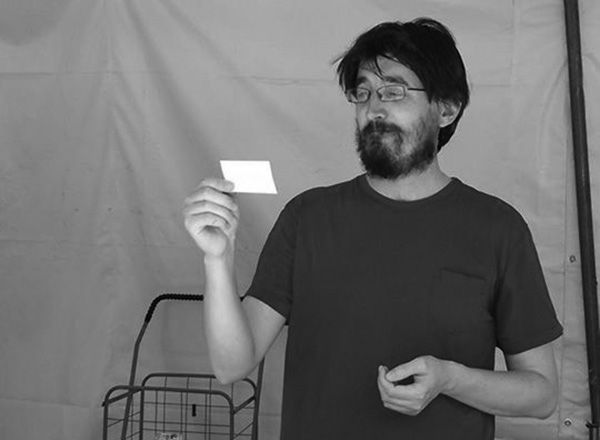

 Dawn-Michelle Baude is an international author, educator and Senior Fulbright Scholar. The author of seven volumes of poetry (Finally: A Calendar, Mindmade 2009), two volumes of translations (Vision of the Return by Amin Khan, Post-Apollo 2012), three art catalogues, three communications books, and one children’s book, Baude has written for Condé Nast and Newsweek International, as well as various literary and art sites. Formerly of the American University of Paris, she has lived and taught widely in Europe and the Middle East. She is the art critic at the Las Vegas Weekly.
Dawn-Michelle Baude is an international author, educator and Senior Fulbright Scholar. The author of seven volumes of poetry (Finally: A Calendar, Mindmade 2009), two volumes of translations (Vision of the Return by Amin Khan, Post-Apollo 2012), three art catalogues, three communications books, and one children’s book, Baude has written for Condé Nast and Newsweek International, as well as various literary and art sites. Formerly of the American University of Paris, she has lived and taught widely in Europe and the Middle East. She is the art critic at the Las Vegas Weekly.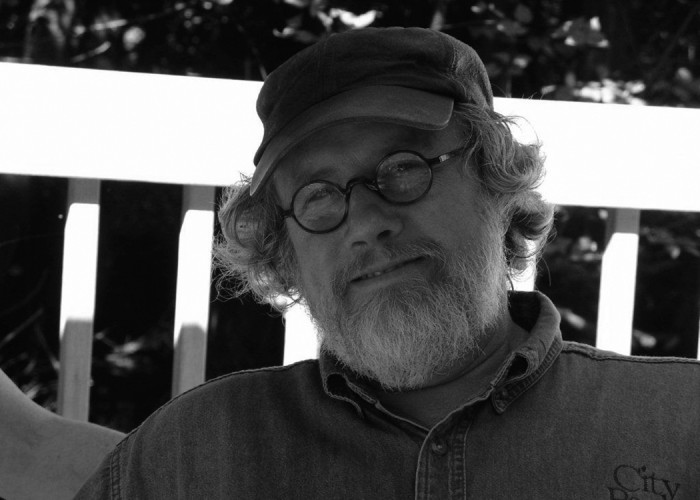
 Charles W. Brice is a psychoanalyst and a freelance writer in Pittsburgh, PA. His poetry has appeared in The Atlanta Review, Icon, Xanadu, The Quotable, The Paterson Literary Review, The Pittsburgh Post-Gazette, Spitball, Barbaric Yawp, The Potomac, Shadow Road Quarterly, Wild Violet Magazine, Z-Composition, Arsonzine, Bear River Review, Jerry Jazz Musician, and The Front Weekly. Honors: “Goodbye,” third place, 2012 Literary Life Bookstore Poetry Contest (Robert Fanning, judge); “What She Held – 1966,” Editor’s Choice, 2013 Allen Ginsburg Poetry Contest; “Michigan Icebreaker,” semifinalist, 2013 Bailey-Beads Poetry Contest, University of Pittsburgh. Charles was recently named an International Merit Award winner of the Atlanta Review’s 2015 International Poetry Competition.
Charles W. Brice is a psychoanalyst and a freelance writer in Pittsburgh, PA. His poetry has appeared in The Atlanta Review, Icon, Xanadu, The Quotable, The Paterson Literary Review, The Pittsburgh Post-Gazette, Spitball, Barbaric Yawp, The Potomac, Shadow Road Quarterly, Wild Violet Magazine, Z-Composition, Arsonzine, Bear River Review, Jerry Jazz Musician, and The Front Weekly. Honors: “Goodbye,” third place, 2012 Literary Life Bookstore Poetry Contest (Robert Fanning, judge); “What She Held – 1966,” Editor’s Choice, 2013 Allen Ginsburg Poetry Contest; “Michigan Icebreaker,” semifinalist, 2013 Bailey-Beads Poetry Contest, University of Pittsburgh. Charles was recently named an International Merit Award winner of the Atlanta Review’s 2015 International Poetry Competition.
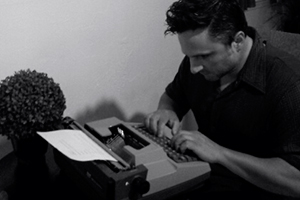 Joseph De Quattro has new fiction forthcoming this summer in Pennsylvania Literary Journal, and has had short stories published in The Carolina Quarterly, Turnrow, Carve, Zahir, The Washington Review, and Oyster Boy Review. His fiction has been nominated for a Pushcart Prize, and he is currently working on a new novel.
Joseph De Quattro has new fiction forthcoming this summer in Pennsylvania Literary Journal, and has had short stories published in The Carolina Quarterly, Turnrow, Carve, Zahir, The Washington Review, and Oyster Boy Review. His fiction has been nominated for a Pushcart Prize, and he is currently working on a new novel.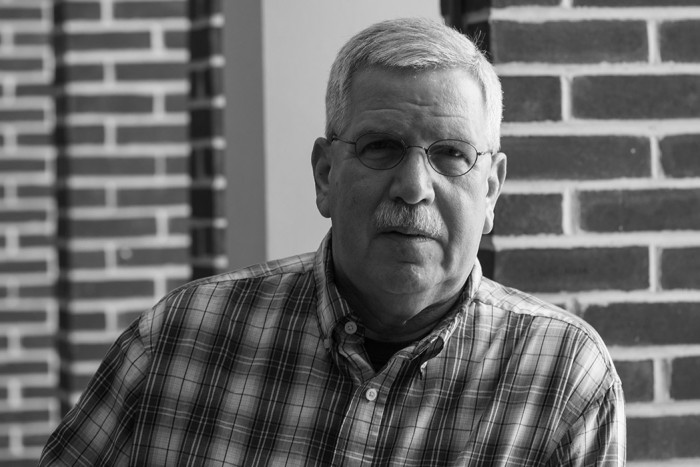
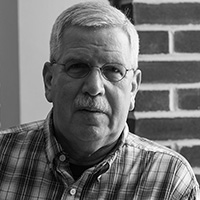 I served seven years in the Navy, which included a combat tour in Vietnam on river boats, and five years aboard nuclear-powered, Fast Attack submarines. At 65, my life is quieter now: anything would be quieter than my military venture. I am a member of the Pagoda Writers Group, and find that I’ve been devoting more and more time to my writing. I write under the pen name L.D. Zane.
I served seven years in the Navy, which included a combat tour in Vietnam on river boats, and five years aboard nuclear-powered, Fast Attack submarines. At 65, my life is quieter now: anything would be quieter than my military venture. I am a member of the Pagoda Writers Group, and find that I’ve been devoting more and more time to my writing. I write under the pen name L.D. Zane.
 Ron Yates received his MFA from Queens University of Charlotte, where he worked with many fine writers and teachers and completed a novel entitled BEN STEMPTON’S BOY, set in the rural south of the early 1970’s. Yates has recently completed a short fiction collection, MAKE IT RIGHT AND OTHER STORIES, a work driven by two key components of his aesthetic: a desire to create crisp, character-driven prose and to evoke place in a way that furnishes and textures the fictional dream.
Ron Yates received his MFA from Queens University of Charlotte, where he worked with many fine writers and teachers and completed a novel entitled BEN STEMPTON’S BOY, set in the rural south of the early 1970’s. Yates has recently completed a short fiction collection, MAKE IT RIGHT AND OTHER STORIES, a work driven by two key components of his aesthetic: a desire to create crisp, character-driven prose and to evoke place in a way that furnishes and textures the fictional dream.
 Emily Strauss has an M.A. in English, but is self-taught in poetry, which she has written since college. Over 250 of her poems appear in a wide variety of online venues and in anthologies in the U.S. and abroad. The natural world is generally her framework; she also considers the stories of people and places around her and personal histories. She is a semi-retired teacher living in California.
Emily Strauss has an M.A. in English, but is self-taught in poetry, which she has written since college. Over 250 of her poems appear in a wide variety of online venues and in anthologies in the U.S. and abroad. The natural world is generally her framework; she also considers the stories of people and places around her and personal histories. She is a semi-retired teacher living in California.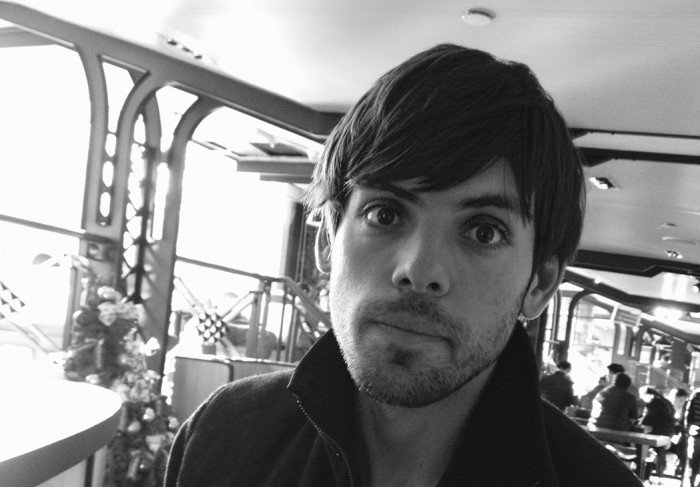
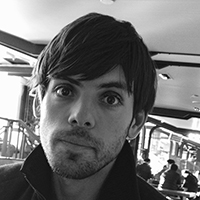 Tim W. Boiteau has published stories in a number of journals, including Every Day Fiction, Write Room, Kasma Magazine, and LampLight. He was a finalist in Glimmer Train’s 2013 Fiction Open contest. He is currently finishing a PhD in Experimental Psychology at the University of South Carolina.
Tim W. Boiteau has published stories in a number of journals, including Every Day Fiction, Write Room, Kasma Magazine, and LampLight. He was a finalist in Glimmer Train’s 2013 Fiction Open contest. He is currently finishing a PhD in Experimental Psychology at the University of South Carolina.
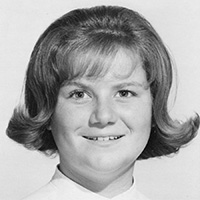 Sarah Sarai’s short stories are in Gravel, Devil’s Lake, Storyglossia, Homestead Review, Fairy Tale Review, Weber Studies, Tampa Review, South Dakota Review, and other journals; her story, “The Young Orator,” was published as a chapbook and e-book by Winged City Chaps, Her poetry collection, The Future Is Happy, was published by BlazeVOX; her poems are in journals including Ascent, Boston Review, Pool Poetry, Thrush, Yew, and Threepenny Review. Links to her book reviews, poems, and stories are on her blog, My 3,000 Loving Arms. Sarah is a contributing editor for The Writing Disorder and a fiction reader at Ping Pong Literary Journal published by the Henry Miller Library. She attended grammar school and junior and senior high in the San Fernando Valley. She now lives in New York.
Sarah Sarai’s short stories are in Gravel, Devil’s Lake, Storyglossia, Homestead Review, Fairy Tale Review, Weber Studies, Tampa Review, South Dakota Review, and other journals; her story, “The Young Orator,” was published as a chapbook and e-book by Winged City Chaps, Her poetry collection, The Future Is Happy, was published by BlazeVOX; her poems are in journals including Ascent, Boston Review, Pool Poetry, Thrush, Yew, and Threepenny Review. Links to her book reviews, poems, and stories are on her blog, My 3,000 Loving Arms. Sarah is a contributing editor for The Writing Disorder and a fiction reader at Ping Pong Literary Journal published by the Henry Miller Library. She attended grammar school and junior and senior high in the San Fernando Valley. She now lives in New York.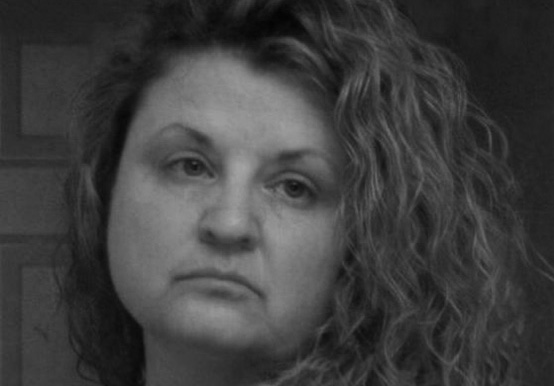
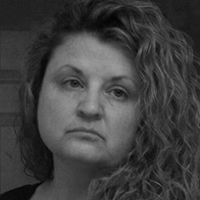 Audrey Iredale lives in the beautiful Sonoran Desert city of Phoenix, Arizona, with her husband and three precious rescued kitties. They have three daughters and two grandchildren. She studied Language Arts at community colleges in California and Arizona and graduated Phi Theta Kappa with a 4.0 GPA. She has been writing and singing since childhood and works in technology manufacturing.
Audrey Iredale lives in the beautiful Sonoran Desert city of Phoenix, Arizona, with her husband and three precious rescued kitties. They have three daughters and two grandchildren. She studied Language Arts at community colleges in California and Arizona and graduated Phi Theta Kappa with a 4.0 GPA. She has been writing and singing since childhood and works in technology manufacturing.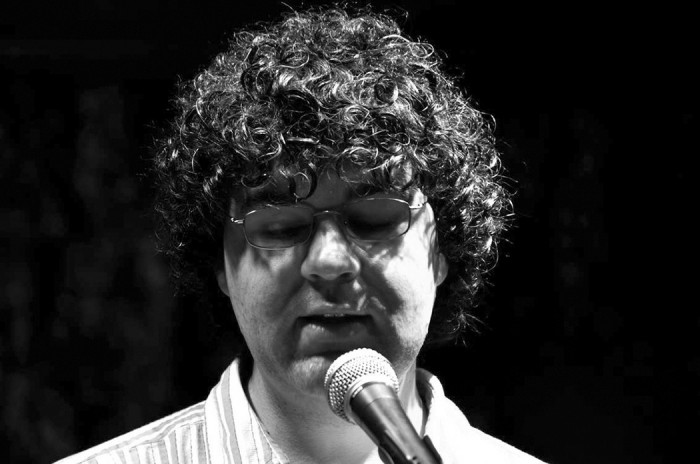
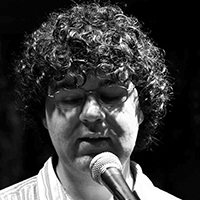 Jon Riccio studied viola performance at Oberlin College and the Cleveland Institute of Music. A recent Pushcart nominee, his work has appeared or is forthcoming in Paper Nautilus, Qwerty,Redivider, CutBank Online, Waxwing and Switchback, among others. An MFA candidate at the University of Arizona, he resides in Tucson.
Jon Riccio studied viola performance at Oberlin College and the Cleveland Institute of Music. A recent Pushcart nominee, his work has appeared or is forthcoming in Paper Nautilus, Qwerty,Redivider, CutBank Online, Waxwing and Switchback, among others. An MFA candidate at the University of Arizona, he resides in Tucson.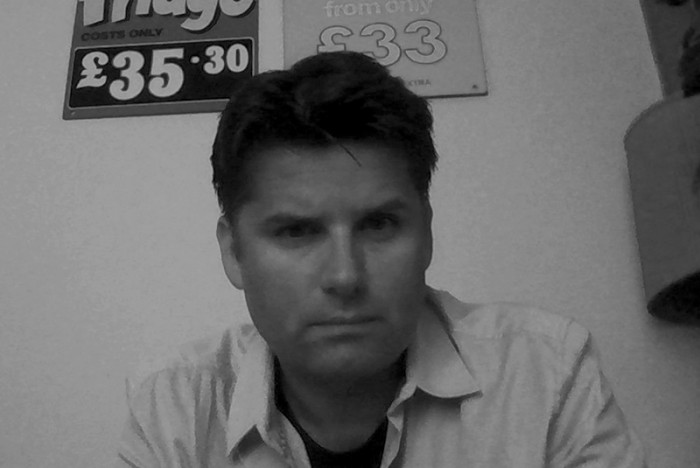
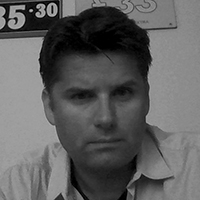 Michael Davis’ short fiction has appeared in Descant, The San Joaquin Review, The Jabberwock Review, The Black Mountain Review, Eclipse, Cottonwood, The Mid-American Review, Full Circle, Hayden’s Ferry Review, The Georgia Review, Storyglossia, The Chicago Quarterly Review, Willow Springs, The Normal School, Arcana, The Superstition Review, The New Ohio Review, The Painted Bride Quarterly, The Atticus Review, Isthmus, the Earlyworks Press Short Story Anthology, Redline, and Small Print Magazine. His collection of stories, Gravity, was published by Carnegie Mellon UP in 2009. He has an MFA in fiction writing from the University of Montana and a PhD in English from Western Michigan University. He lives in Bangkok where he is a lecturer in English at Stamford International University.
Michael Davis’ short fiction has appeared in Descant, The San Joaquin Review, The Jabberwock Review, The Black Mountain Review, Eclipse, Cottonwood, The Mid-American Review, Full Circle, Hayden’s Ferry Review, The Georgia Review, Storyglossia, The Chicago Quarterly Review, Willow Springs, The Normal School, Arcana, The Superstition Review, The New Ohio Review, The Painted Bride Quarterly, The Atticus Review, Isthmus, the Earlyworks Press Short Story Anthology, Redline, and Small Print Magazine. His collection of stories, Gravity, was published by Carnegie Mellon UP in 2009. He has an MFA in fiction writing from the University of Montana and a PhD in English from Western Michigan University. He lives in Bangkok where he is a lecturer in English at Stamford International University.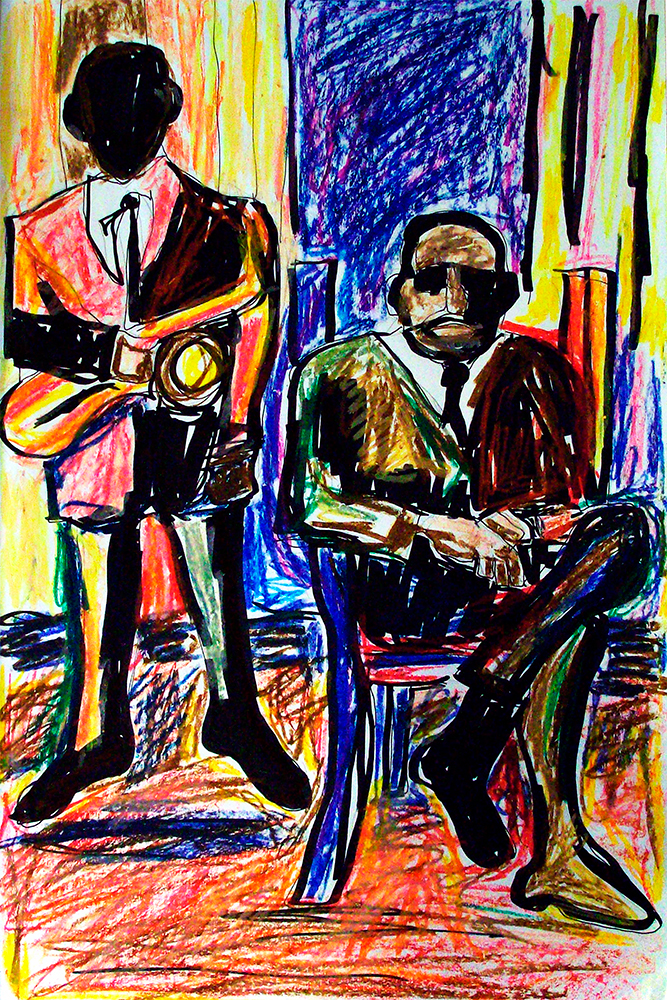




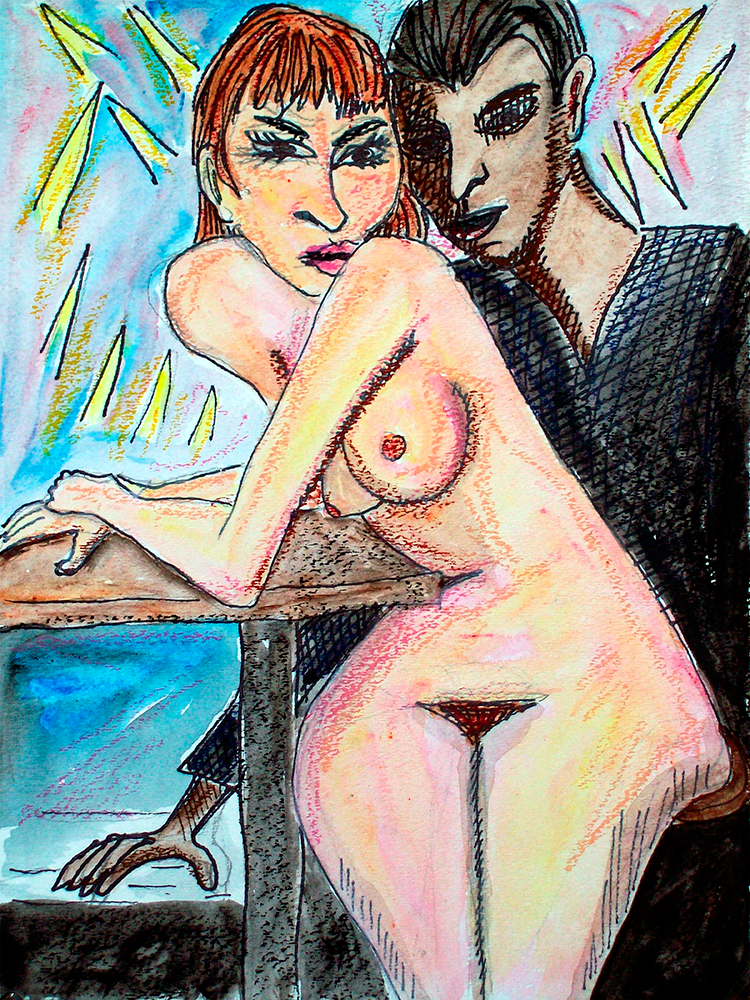







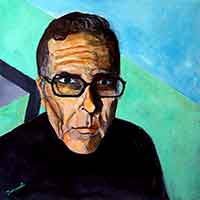 Born in Canada and bred in the U.S., Allen Forrest has worked in many mediums: computer graphics, theater, digital music, film, video, drawing and painting. Allen studied acting in the Columbia Pictures Talent Program in Los Angeles and digital media in art and design at Bellevue College (receiving degrees in Web Multimedia Authoring and Digital Video Production.) He currently works in the Vancouver, Canada, as a graphic artist and painter. He is the winner of the Leslie Jacoby Honor for Art at San Jose State University’s Reed Magazine and his Bel Red painting series is part of the Bellevue College Foundation’s permanent art collection. Forrest’s expressive drawing and painting style is a mix of avant-garde expressionism and post-Impressionist elements reminiscent of van Gogh, creating emotion on canvas.
Born in Canada and bred in the U.S., Allen Forrest has worked in many mediums: computer graphics, theater, digital music, film, video, drawing and painting. Allen studied acting in the Columbia Pictures Talent Program in Los Angeles and digital media in art and design at Bellevue College (receiving degrees in Web Multimedia Authoring and Digital Video Production.) He currently works in the Vancouver, Canada, as a graphic artist and painter. He is the winner of the Leslie Jacoby Honor for Art at San Jose State University’s Reed Magazine and his Bel Red painting series is part of the Bellevue College Foundation’s permanent art collection. Forrest’s expressive drawing and painting style is a mix of avant-garde expressionism and post-Impressionist elements reminiscent of van Gogh, creating emotion on canvas.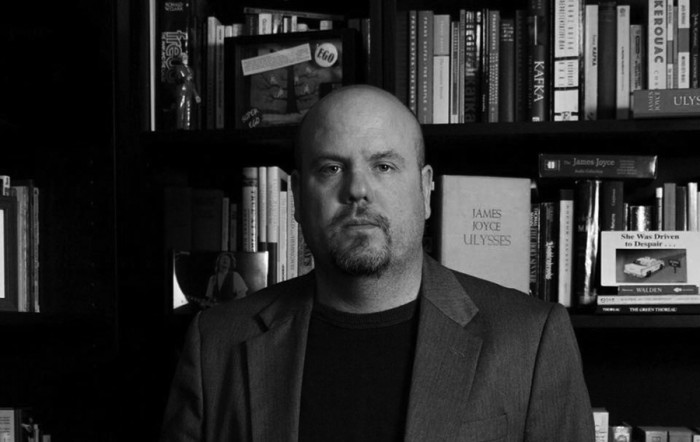
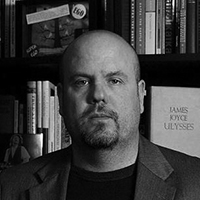
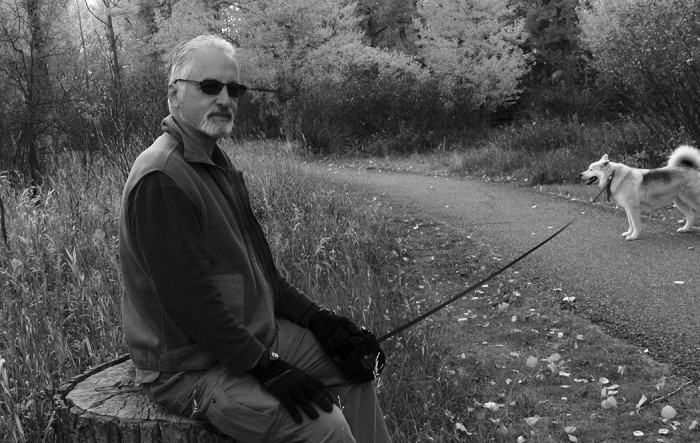

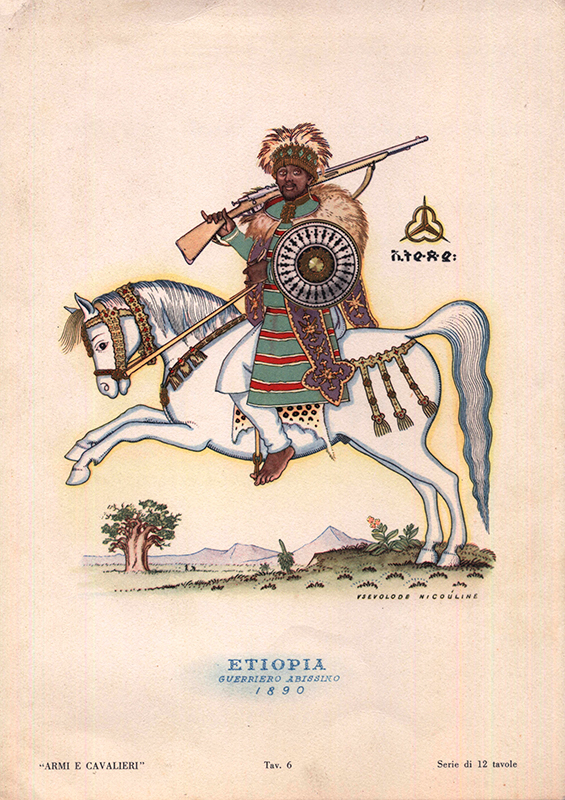

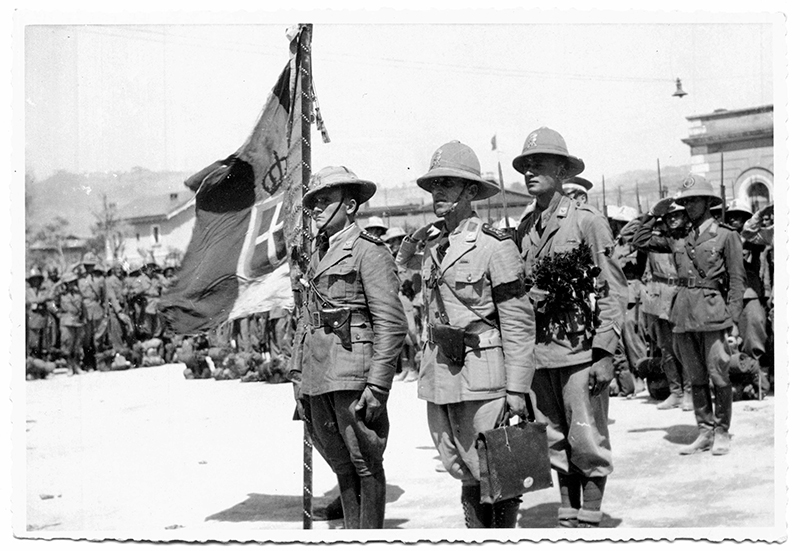
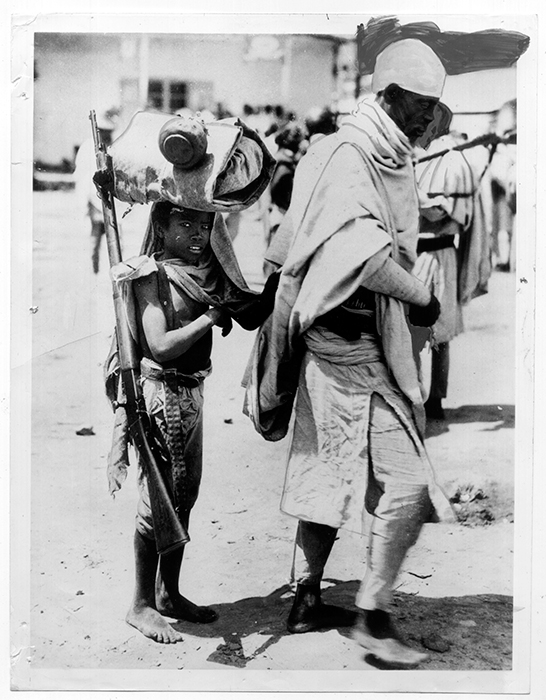
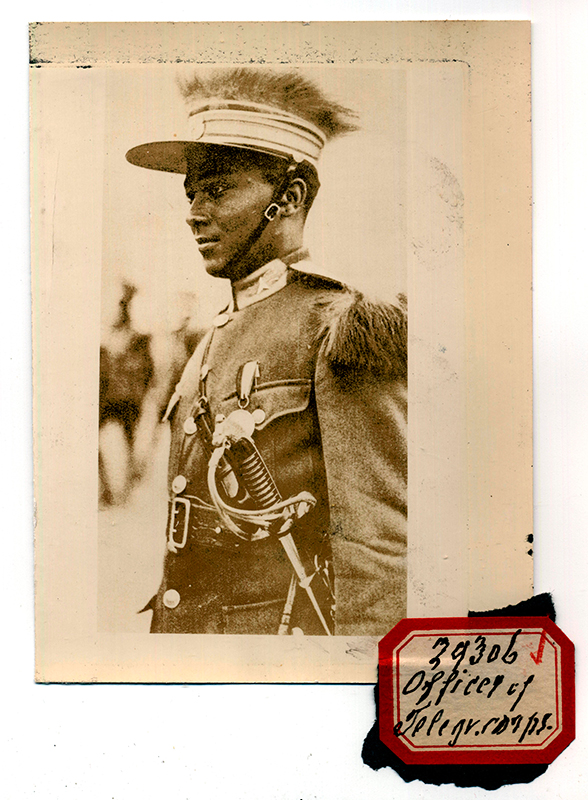


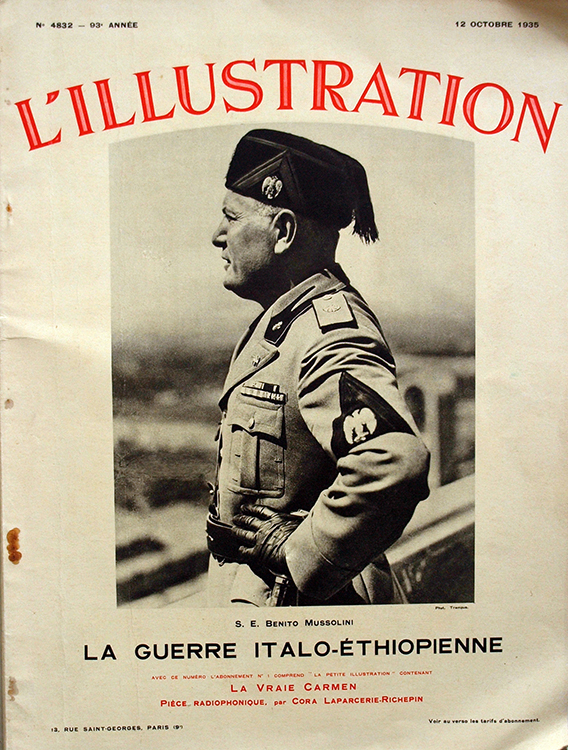
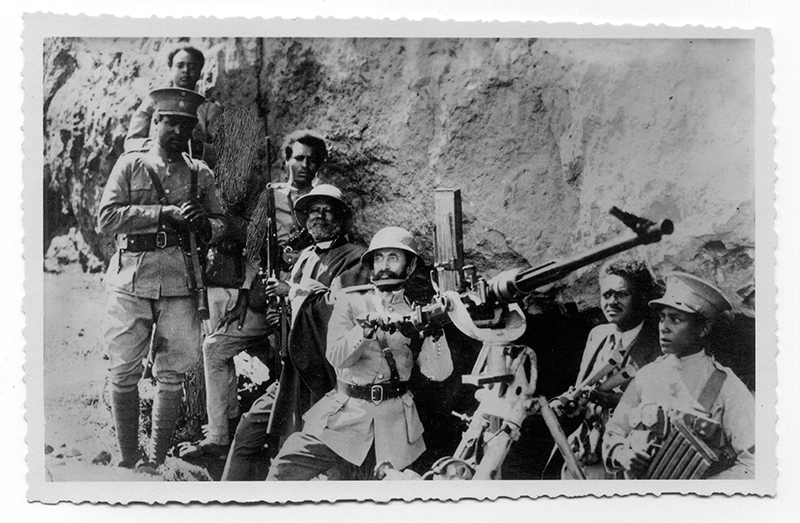
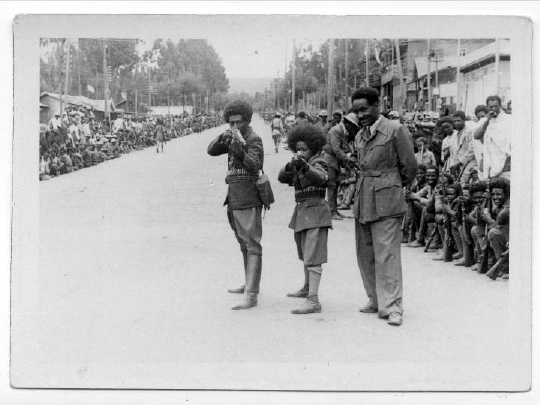
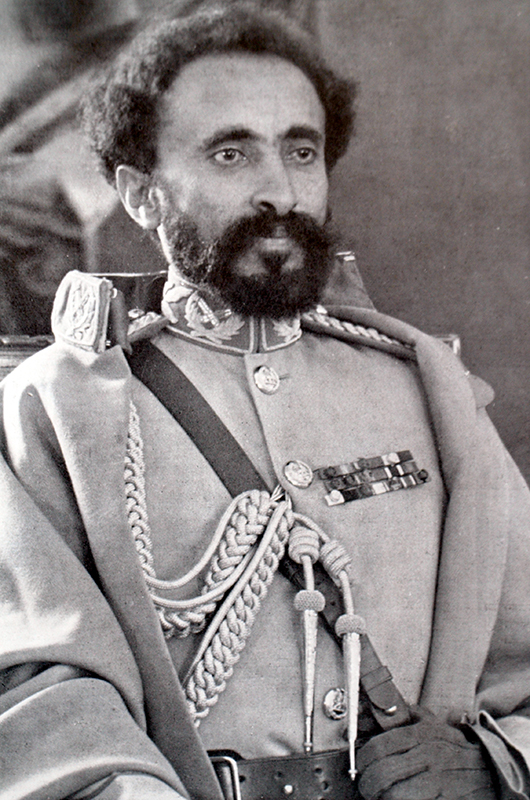

 Paul Garson lives and writes in Los Angeles, his articles regularly appearing in a variety of national and international periodicals. A graduate of the Johns Hopkins Writing Seminars and USC Media Program, he has taught university composition and writing courses and served as staff Editor at several motorsport consumer magazines as well as penned two produced screenplays. Many of his features include his own photography, while his current book publications relate to his “photo-archeological” efforts relating to the history of WWII in Europe, through rare original photos collected from more than 20 countries. Links to the books can be found on Amazon.com. More info at
Paul Garson lives and writes in Los Angeles, his articles regularly appearing in a variety of national and international periodicals. A graduate of the Johns Hopkins Writing Seminars and USC Media Program, he has taught university composition and writing courses and served as staff Editor at several motorsport consumer magazines as well as penned two produced screenplays. Many of his features include his own photography, while his current book publications relate to his “photo-archeological” efforts relating to the history of WWII in Europe, through rare original photos collected from more than 20 countries. Links to the books can be found on Amazon.com. More info at 


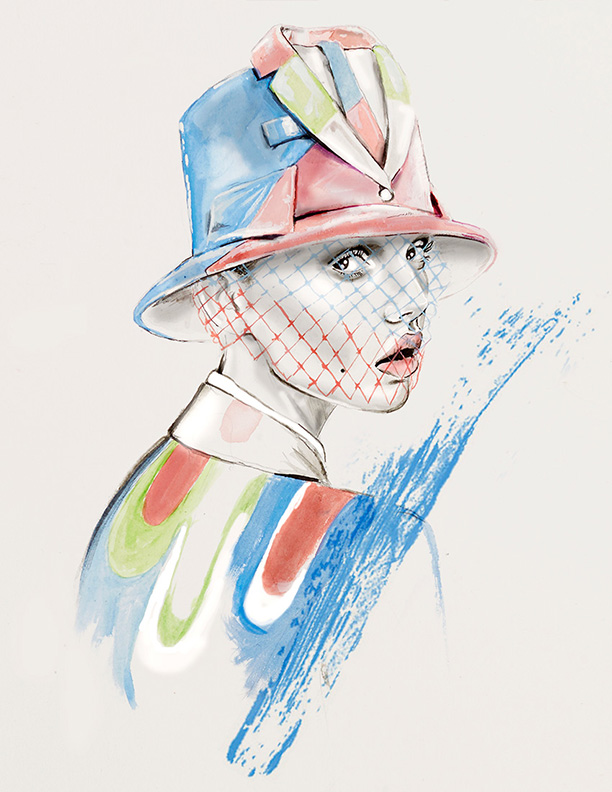


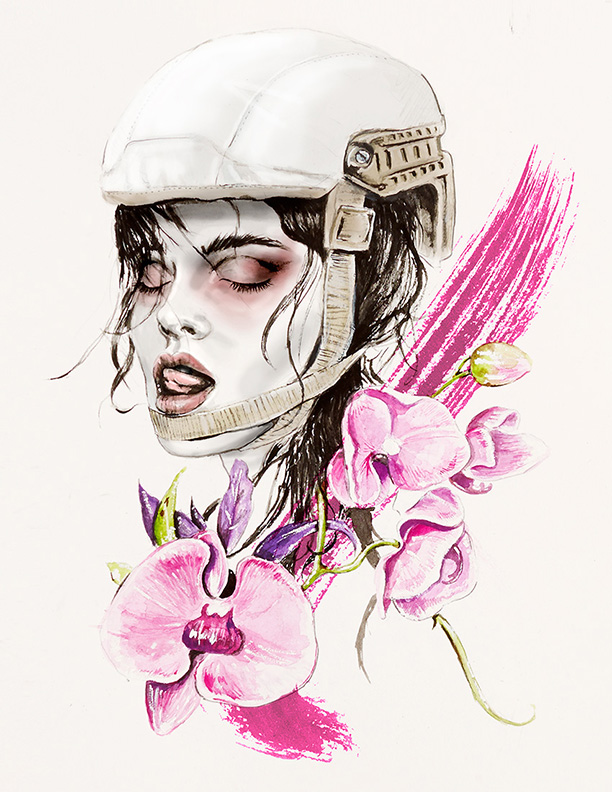
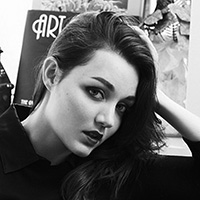

 Sandra Rokoff-Lizut, retired educator and children’s book author (published by Macmillan, Holt Reinhart & Winston, and Hallmark Inc.), is currently both a printmaker and poet. She is a member of Oregon Poetry Association and first place award winner in their Spring 2014 contest, Mary’s Peak Poets, Poetic License, Gertrude’s, and a weekly writing salon. Rokoff-Lizut volunteers by teaching poetry to middle-schoolers at the Boys and Girls Club in Corvallis. She also studied poetry through OSU as well as at Sitka and Centrum. Previous publications include Illya’s Honey, The Bicycle Review, Wilderness House Review, The Penwood Review, Wild Goose Poetry Review and Verseweavers.
Sandra Rokoff-Lizut, retired educator and children’s book author (published by Macmillan, Holt Reinhart & Winston, and Hallmark Inc.), is currently both a printmaker and poet. She is a member of Oregon Poetry Association and first place award winner in their Spring 2014 contest, Mary’s Peak Poets, Poetic License, Gertrude’s, and a weekly writing salon. Rokoff-Lizut volunteers by teaching poetry to middle-schoolers at the Boys and Girls Club in Corvallis. She also studied poetry through OSU as well as at Sitka and Centrum. Previous publications include Illya’s Honey, The Bicycle Review, Wilderness House Review, The Penwood Review, Wild Goose Poetry Review and Verseweavers.










 A graduate of Syracuse University School of Art and New York University, I have been a textile, apparel and home products designer for three decades, working in the New York and Los Angeles garment and design districts. I began painting canvases in 2004 and have experimented with various styles. I started with a series of large expressionist botanicals and have since moved on to more illustrative studies of mid century modern themes. As a long time collector of Eames Era furnishings, I find the subjects fun and inspiring. I like to add my own twist to the sometimes stark Eames elements by posing pets in the settings. I am also intrigued by the futuristic space age themes from the period, and like to add mystery and humor to my works.
A graduate of Syracuse University School of Art and New York University, I have been a textile, apparel and home products designer for three decades, working in the New York and Los Angeles garment and design districts. I began painting canvases in 2004 and have experimented with various styles. I started with a series of large expressionist botanicals and have since moved on to more illustrative studies of mid century modern themes. As a long time collector of Eames Era furnishings, I find the subjects fun and inspiring. I like to add my own twist to the sometimes stark Eames elements by posing pets in the settings. I am also intrigued by the futuristic space age themes from the period, and like to add mystery and humor to my works.
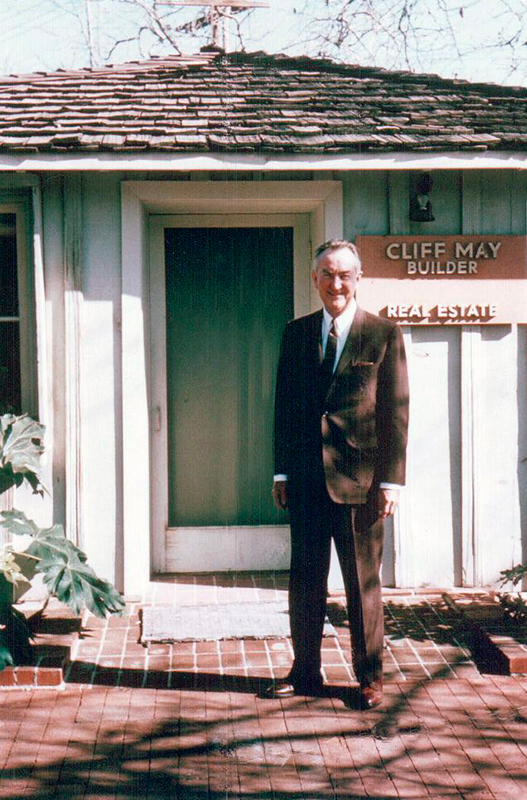

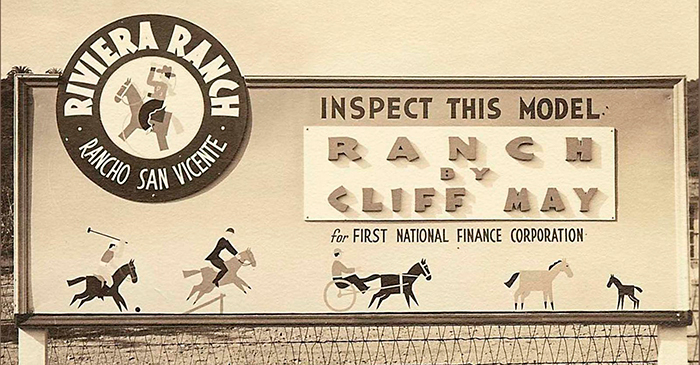



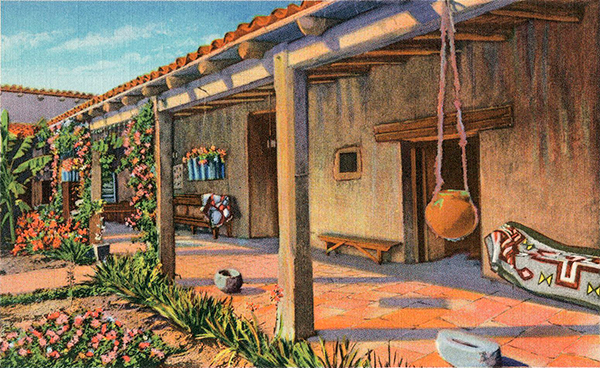
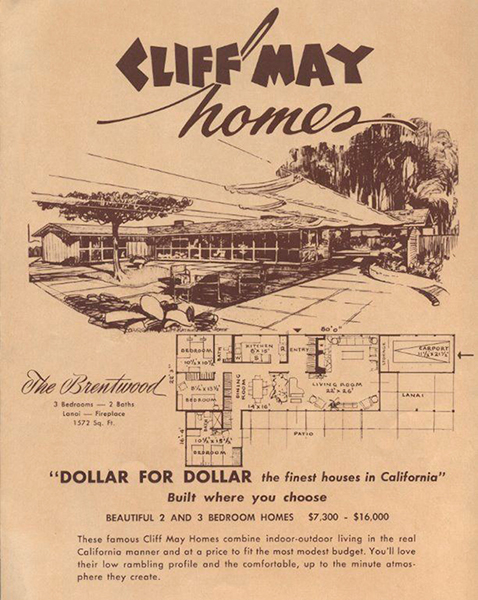

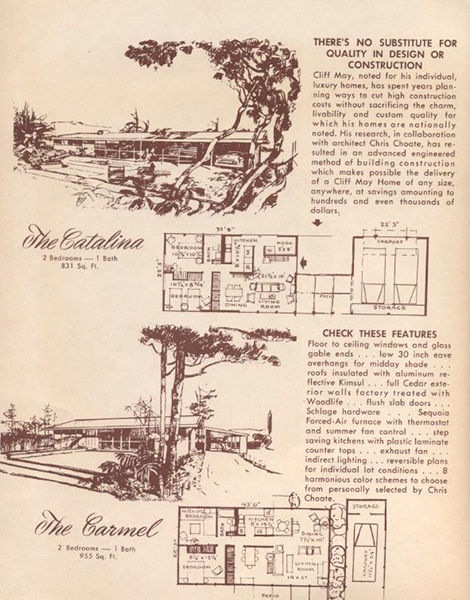

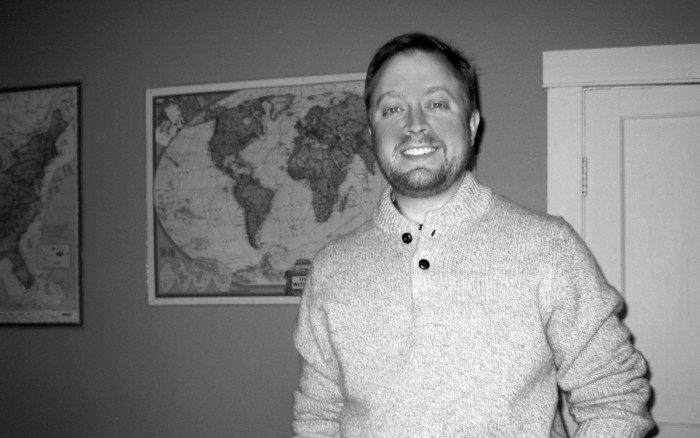
 Walter B. Thompson is a native of Nashville, Tennessee. His work has previously appeared in The Bicycle Review, Carolina Quarterly and elsewhere. He received his M.F.A. from the University of Wisconsin, where he is currently the Halls Emerging Artist Fellow at the Wisconsin Institute for Creative Writing.
Walter B. Thompson is a native of Nashville, Tennessee. His work has previously appeared in The Bicycle Review, Carolina Quarterly and elsewhere. He received his M.F.A. from the University of Wisconsin, where he is currently the Halls Emerging Artist Fellow at the Wisconsin Institute for Creative Writing.











